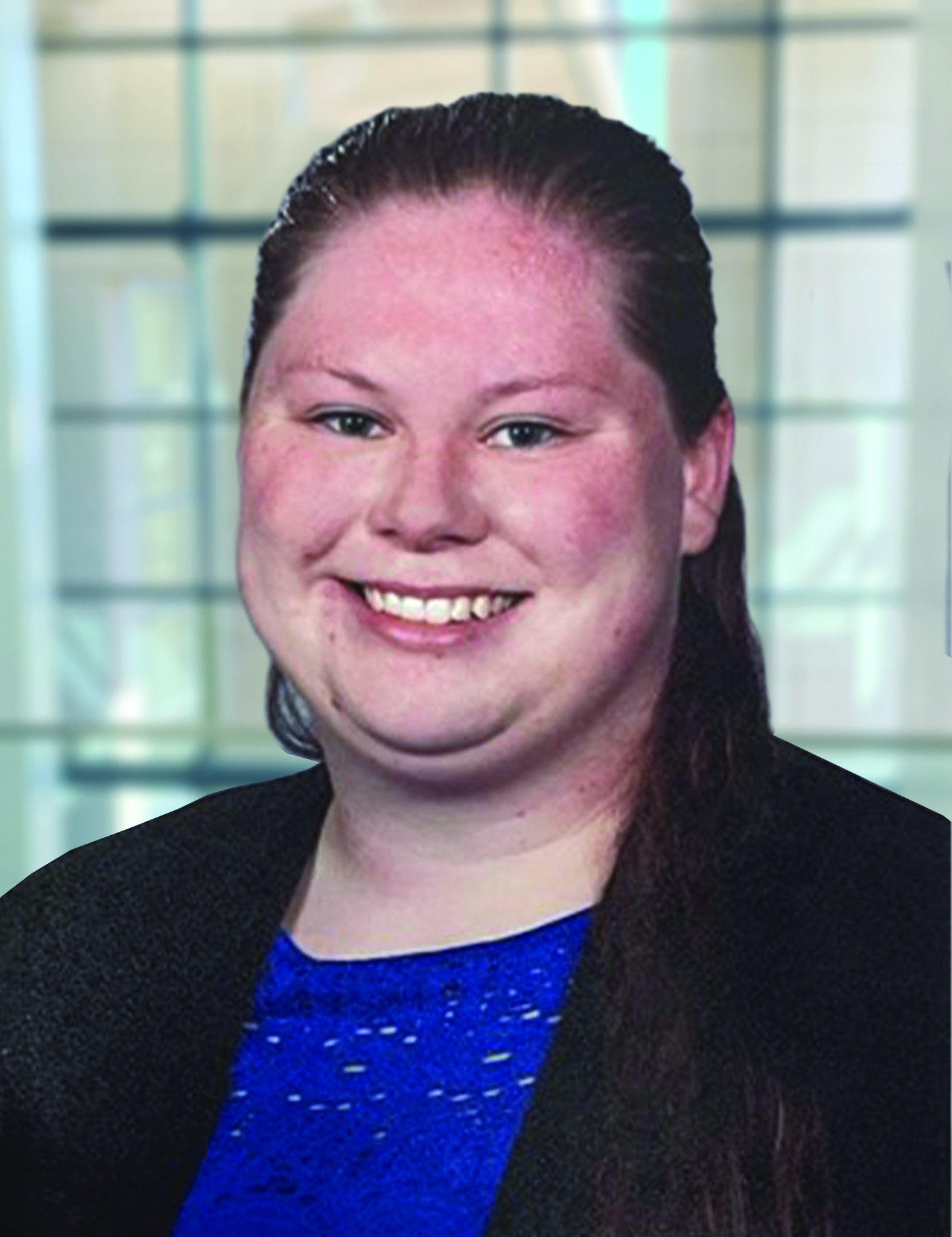Rebecca Schmitt, PhD, Receives ANF Development Grant for Research on Aberrant Autophagy and Myogenesis in GNE Myopathy
Published March 05, 2025
Development Grants

Rebecca Schmitt, PhD, an assistant scientist in anatomy, cell biology, and physiology at the Indiana University School of Medicine, Indiana, has been awarded an American Neuromuscular Foundation (ANF) Development Grant to support her research, “Evaluation of Aberrant Autophagy and Myogenesis in GNE Myopathy.” Dr. Schmitt’s research aims to uncover the underlying mechanisms behind GNE myopathy, a rare genetic disorder that leads to progressive muscle weakness and wasting. She is motivated by the lack of understanding of this disease and its impact on patients and hopes this research is the next step toward finding treatments and cures.
“Neuromuscular diseases result in disability, drastic quality of life changes, and eventual long-term dependency on caregivers. To date, many neuromuscular diseases (NMDs) do not have cures or substantive treatments. We investigate one such NMD, GNE myopathy, to uncover underlying contributing factors of the disease,” she says. Addressing the impact of GNE myopathy, Dr. Schmitt says that the effects differ per person, from age of onset to severity of symptoms. With no treatments or cures for GNE myopathy, she notes the importance of studies like this to eliminate the knowledge gap and improve patient care by preventing worsening symptoms, improving muscle health, and finding a cure.
She hopes the long-term results of this research will allow for investigations into potential therapeutic strategies that improve patient quality of life.
Learn more about ANF research grants, and support researchers like Dr. Schmitt today with a donation.
